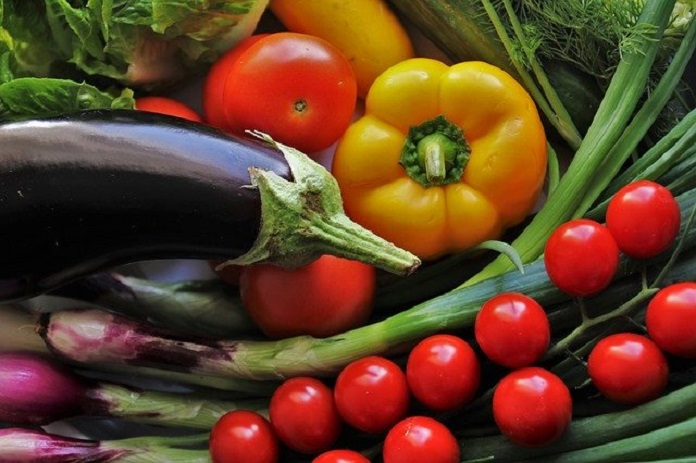Recent research builds evidence to support a prostate cancer prevention diet.
Next to skin cancer, prostate cancer is the number one killer of men every year. While the five-year survival rate for prostate cancer that is only in the prostate or nearby organs is nearly 100%, when it spreads to other parts of the body the survival rate drops to 31%.
Doctors have long suspected that diet plays a role in one’s risk for developing prostate cancer, but little evidence has been found to support this. Most research previously conducted has focused on a single nutrient or food group, making it difficult for public health authorities to develop general dietary recommendations.
Some studies have pointed to the Western diet, which is high in sugar and fat, as being increasing the risk of developing prostate cancer. Others have shown that the Mediterranean diet lowered that risk. Researchers from the Institut national de la recherche scientifique (INRS) in Canada recently conducted a study of a prostate cancer prevention diet. Their results were published in the journal, Nutrients.
Using data from the Prostate Cancer and Environment study, the scientists tracked 1,919 patients with prostate cancer and 1,991 cancer-free patients. Based on questionnaire data taken between 2005 and 202, the scientists assessed the participants’ diets and health status. Three dietary patterns were identified: Healthy Eating, Western Salty and Alcohol, and Western Sweets and Beverages.
Participants in the Healthy Eating pattern group primarily ate lots of fruits, vegetables, tofu, soybeans, fish, brown bread, nuts or peanut butter, yogurt, and did not eat white bread. The Western Salty and Alcohol diet consisted of many types of meat, white bread, and alcohol of many types, while not eating brown bread or tofu. Finally, the Western Sweets and Beverages diet was made up of processed foods high in carbohydrates, fats, and sugars, as well as carbonated soft drinks.
The research team statistically analyzed the participants’ dietary information to determine their risk of prostate cancer or stage of prostate cancer if applicable. Results suggested the Western Sweets and Beverages diet increased the risk of prostate cancer. The Healthy Eating pattern seemed to provide protection and lowered the participants’ risk of prostate cancer, while the Western Salty and Alcohol diet was not associated with prostate cancer risk.
In a press release, leader of the research team Professor Marie-Élise Parent said, “This study is significant because it looks at dietary habits as a whole. We’ve uncovered evidence that, we hope, can be used to develop prevention strategies for prostate cancer, the most common cancer among men in Canada and many other countries.”
Written by Rebecca K. Blankenship, B.Sc.
References:
- Prostate Cancer – Statistics. Cancer.Net. (2020). Retrieved 27 July 2020, from https://www.cancer.net/cancer-types/prostate-cancer/statistics.
- Trudeau, K., Rousseau, M., Barul, C., Csizmadi, I., & Parent, M. (2020). Dietary Patterns Are Associated with Risk of Prostate Cancer in a Population-Based Case-Control Study in Montreal, Canada. Nutrients, 12(7), 1907. https://doi.org/10.3390/nu12071907
Image by pasja1000 from Pixabay



